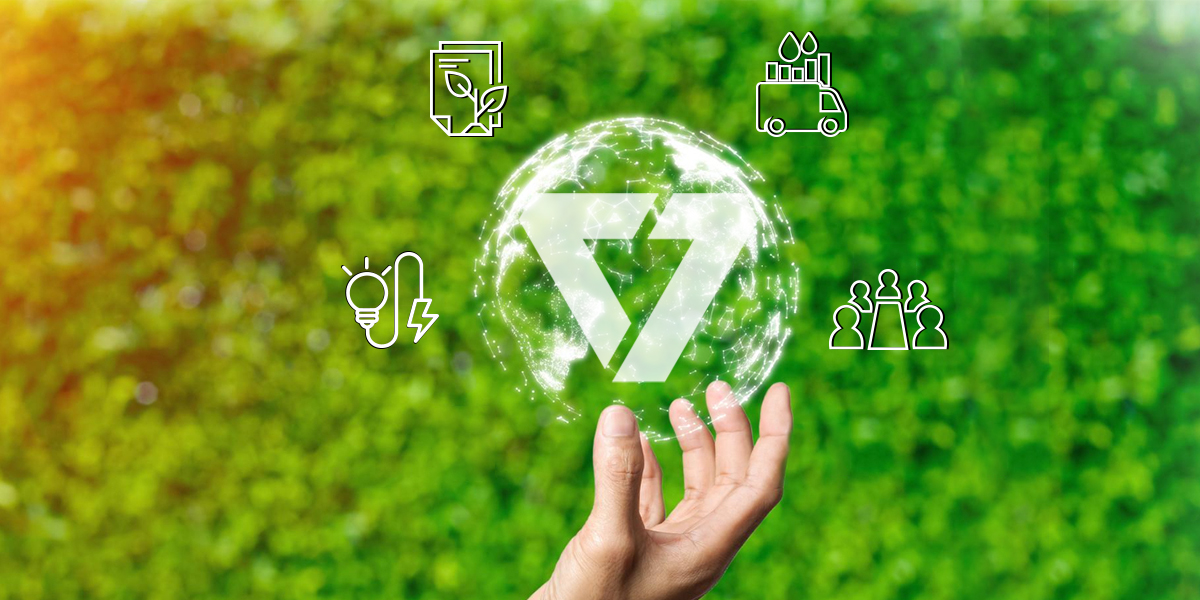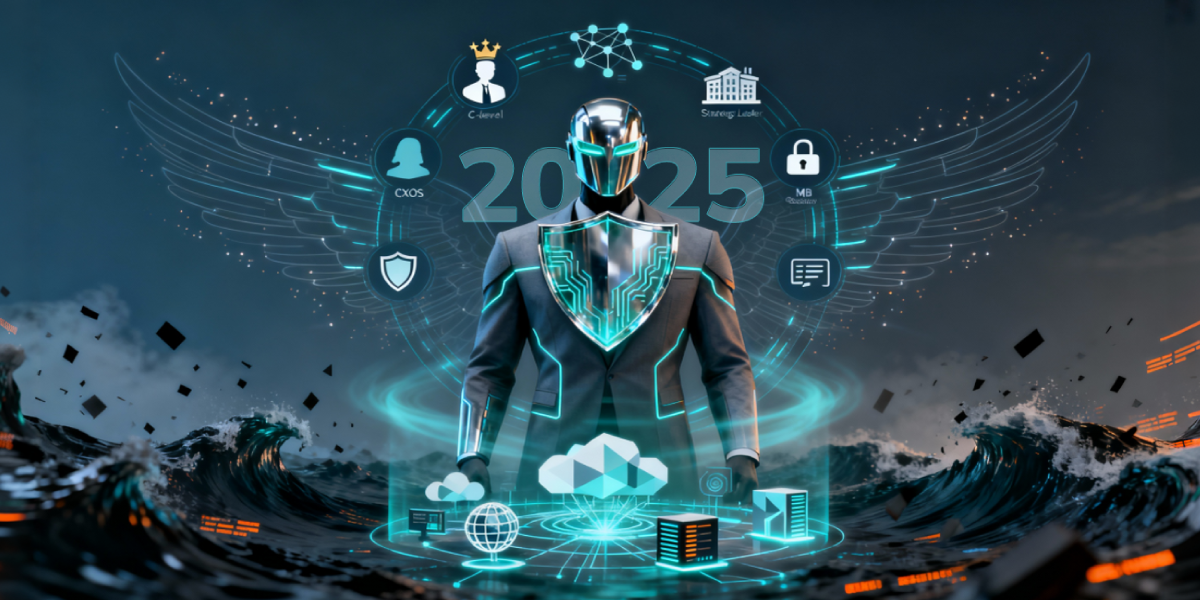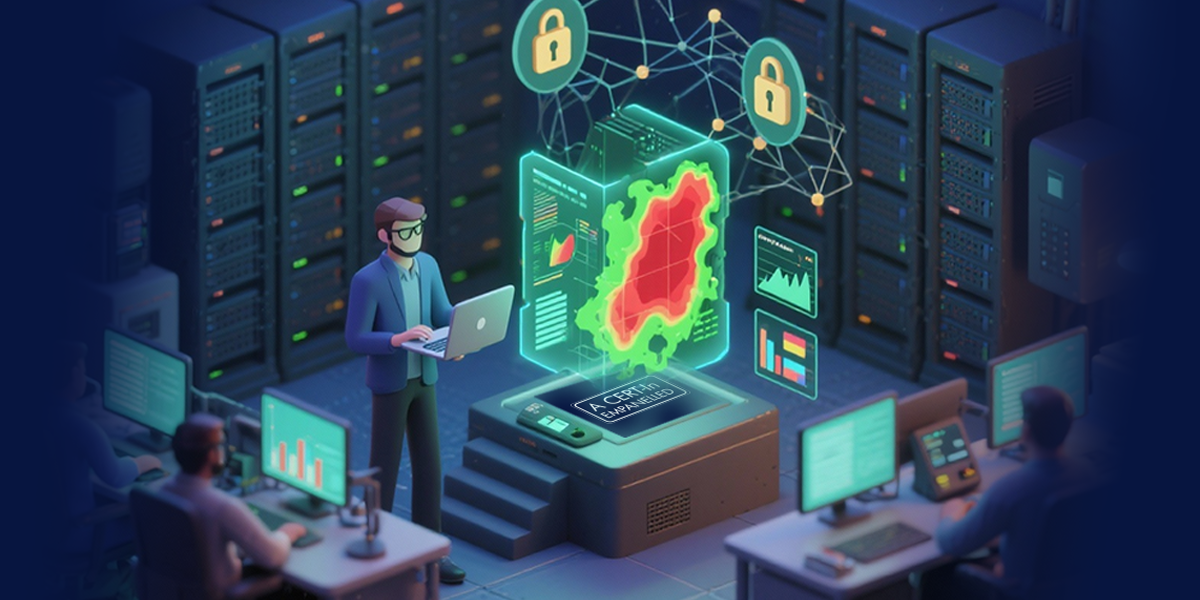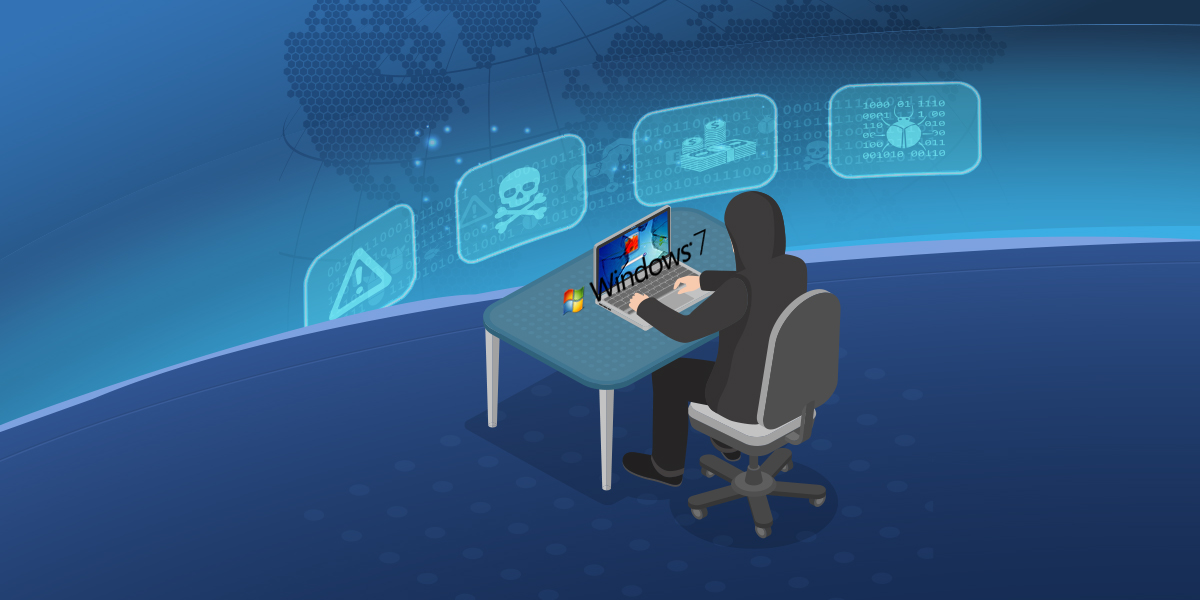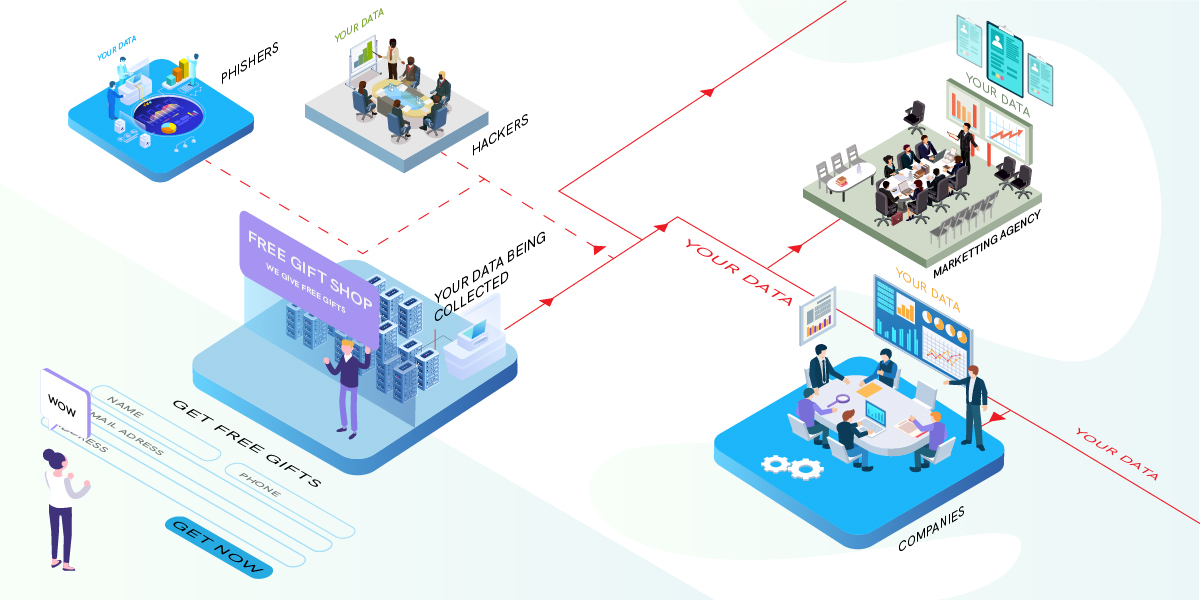The population of the world is now 8 billion. Meeting the needs (and wants) of such a large population requires consuming a great deal of natural resources and emitting large quantities of Green House Gasses (GHGs). This is true for both luxuries and necessities. Even products that protect us, like antivirus, require consumption of resources. Anything and everything that we do has an impact on the environment and we are all responsible for minimising our environmental footprint.
K7 is an organisation that strives to make the world, both in its physical and digital forms, a better place. We are therefore driven to creating environment-friendly cybersecurity through a combination of technology and strategy.
Direct and Indirect Environmental Impact
Before we explore how K7 makes antivirus greener, let us first understand how an antivirus product contributes to environmental degradation. Antivirus is a software product; it is just code, or a series of instructions. Unlike an internal combustion engine or a woodstove, antivirus does not directly contribute harmful emissions. The environmental impact of antivirus is more indirect than direct.
- Energy Consumption – Antivirus is a series of instructions executed by a device. Therefore, the antivirus can cause the device to consume greater energy depending on its impact on device performance. Energy consumption requires energy generation and distribution which have a significant environmental impact due to the consumption of fossil fuels to generate power, and distribution losses from the powerplant to our wall sockets (which is 20% of generated power in India). Even electricity from renewable sources, such as solar power, have an environmental impact from the manufacture of solar panels to utilisation of land to build solar powerplants
- Antivirus developers also provide multiple malware definition updates each day which are distributed through servers in data centres that consume a great deal of energy
- The performance impact of antivirus products can also shorten upgrade cycles and lead to older computers being junked, increasing e-waste
- Packaging – Antivirus products are often delivered in boxes that may contain a CD. Even if the box only contains a license key instead of a CD, the box itself requires paper, ink, and plastic wrapping which require energy to be manufactured. Paper is made from trees and paper consumption may lead to deforestation and degradation of soil
- Motor Fuel – Antivirus boxes need to be transported to stores or warehouses and from there to end users. The weight of these boxes contributes to increase in motor fuel consumption and greater emissions from transport vehicles
- Staff Strength – Antivirus is created, supported, and sold by people. Organisations consume resources to support their teams and increase their resource consumption when teams expand; more office and parking space is required; more energy is spent on air conditioning and ambient and task lighting; and water consumption increases
- Water consumption also leads to energy consumption as water is heavy and requires a great deal of energy to be pumped
How K7 Reduces the Environmental Footprint of Cybersecurity
K7 follows a multi-faceted approach that addresses each of the factors listed above to create environment-friendly antivirus.
- World #1 in Efficiency – K7 was ranked World #1 in the Performance Test conducted by AV-Comparatives, with a near-zero score of just 0.6 (lower scores indicate greater efficiency). The ultra-low score indicates that K7 requires the least resources from computing devices to function and thereby reduces energy consumption along with associated reduction in heat generated by the device (which reduces energy consumed by cooling solutions)
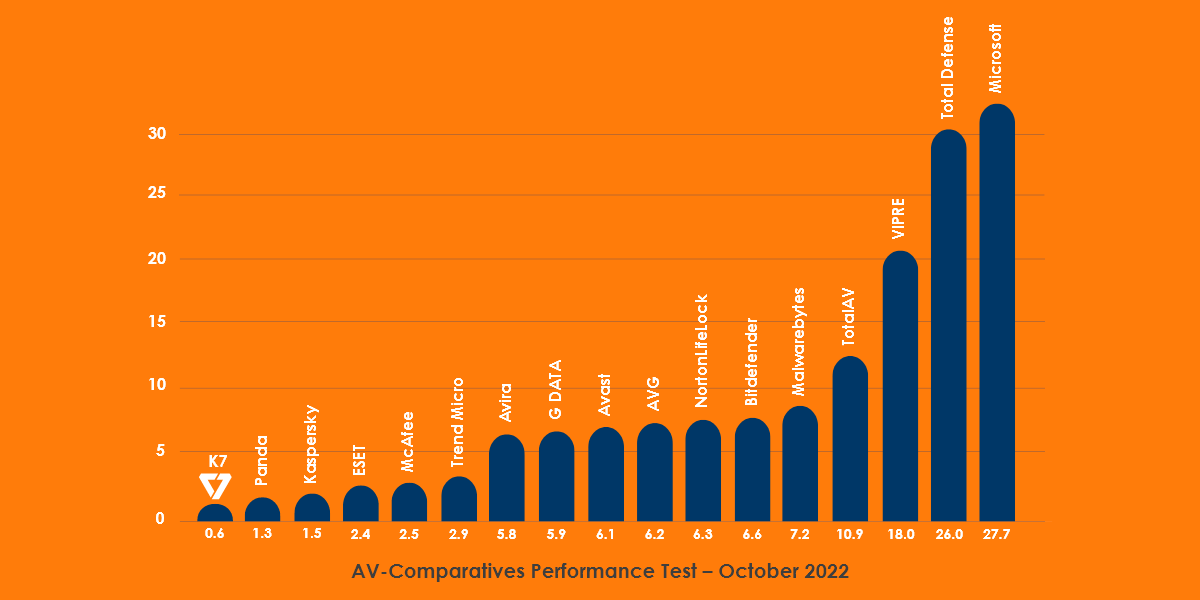
- Lean Updates – Malware definition updates that are provided multiple times a day by K7 are very compact and do not affect network performance even when available bandwidth is just 24 kbps. Such lean updates minimise data stress on the entire chain of connectivity from K7 to the customer, saving energy consumption in data centres, Internet Service Providers, and other connectivity enablers
- Minimising E-Waste – K7’s world-leading efficiency score also indicates that older devices with less-powerful hardware can be used longer, reducing the generation of e-waste. K7 also provides wide platform support with Windows protection extending to Windows XP, further extending the useful life of older devices
- Reduced Packaging – K7 has reduced the size of product boxes, leading to savings in paper and ink. K7 has also eliminated shrink wrap packaging, reducing the use of plastic in product boxes
- Saving Motor Fuel – K7 no longer includes CDs in the product boxes, reducing the weight of the boxes. Smaller boxes also enable an increase in the number of boxes that can be transported in a vehicle, reducing the number of vehicle trips required. Both these measures help save motor fuel
- Lean Facilities – K7 pursues efficiency across all organisational activities. Our handpicked teams minimise headcount by recruiting highly capable people who are provided with the right tools to maximise productivity, which in turn reduces other facility requirements such as electricity, water, and parking space. With our emphasis on efficiency, we function with just 1/10-1/100 of the resources utilised by our peers
Sustainability initiatives are not a one-time activity and K7 will continue to explore avenues where the development and distribution of cybersecurity can be made resource efficient, our impact on the environment can be minimised, and we do our part in helping make the world a greener place.





